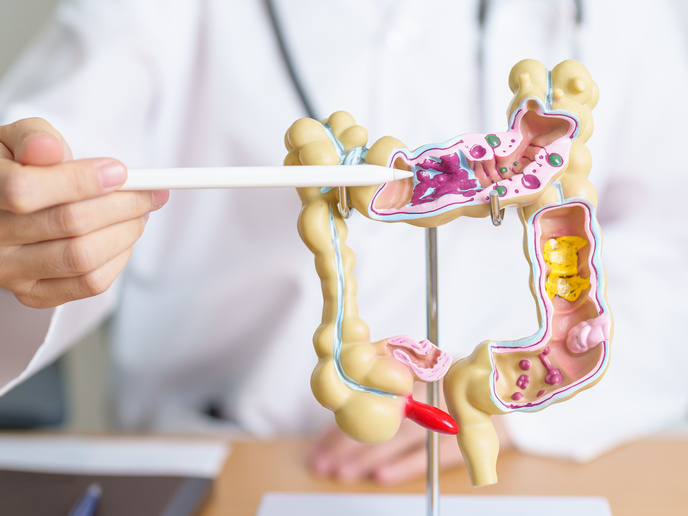New insights into a tumour’s ability to adapt to therapies
Effective therapeutic options for treating colorectal cancer, particularly advanced colorectal cancer, are limited. Even more frustrating is that often when a therapy shows initial promise, it ultimately ends up failing. “One reason for this may be that the mutational heterogeneity of tumours is higher than previously anticipated,” explains Kevin Myant(opens in new window), a researcher at the University of Edinburgh’s Institute of Genetics and Cancer(opens in new window). “In other words, tumours are able to very quickly adapt to the therapies.” With the support of the EU-funded COLGENES project, Myant set out to better understand this phenomenon. Using a complex modelling system, his research team aimed to map out and identify new cancer driver genes. “We wanted to do this experimentally rather than by analysing large data sets as we felt this would give us a more accurate picture of what’s happening in the disease and allow us to find rare events that might not be picked up using computational approaches,” adds Myant.
New cancer driver genes
The approach worked, as the project, which received support from the European Research Council(opens in new window), made several important findings – including the identification of new cancer driver genes. These are the genes that cause cells to become cancerous. According to Myant, some of these genes seem to impact tumour formation, while others affect the tumour’s ability to spread to other organs. “These genes had not previously been identified as cancer drivers in colorectal cancer, although some had been identified in other cancers,” he says. “This suggests that the analytical methods currently in use may not be completely accurate.” The project also discovered some new ways that cells can change their phenotypic state. Not only does this finding provide additional insights into how cancers spread, it also has implications for normal tissue processes such as repair. “Although we didn’t initially set out to find this, I think it will lead to a better understanding of these processes,” remarks Myant.
Is cancer too complex to treat?
Do these findings mean that cancer is simply too complex to treat? “Not exactly,” says Myant. “Our research shows that cancer is too genetically complex to treat with currently available therapies and instead requires new approaches that target more general cellular processes.” One of those approaches could be the use of RNA splicing, a subject that Myant and his research team intend to explore further in future research endeavours.
Advancing how we treat cancer
Researchers aimed to prove that cancers are much more genetically heterogeneous than previously considered, and that’s exactly what the COLGENES project did. In fact, because of research like this, this hypothesis is now largely accepted in the field, with lots of work being done on clonal heterogeneity and so-called minor driver genes. “Our work adds to this understanding, and I hope it will lead to additional considerations on how to treat cancer,” notes Myant. Myant adds that the project’s work on cell plasticity will help inform how cancer cells can change their behaviour using non-mutational mechanisms. “This finding is being recognised as a major player in how tumours respond to therapy, and I think our work will play an important role in understanding this,” he concludes.







